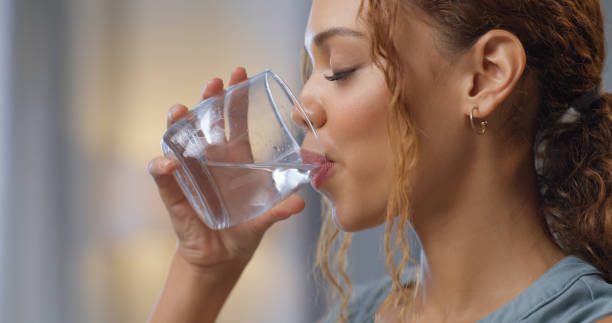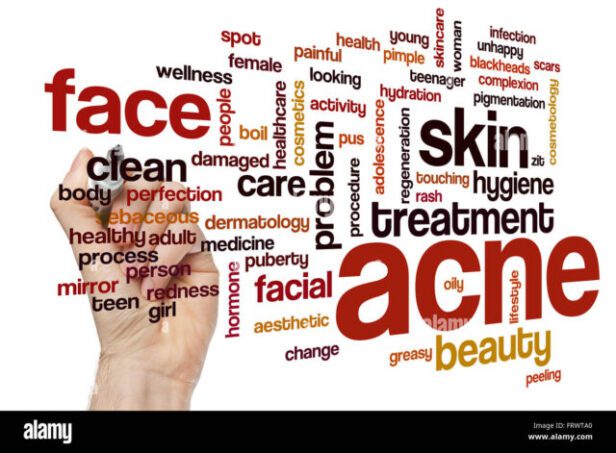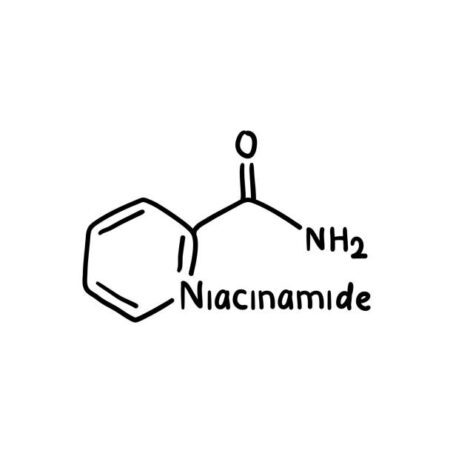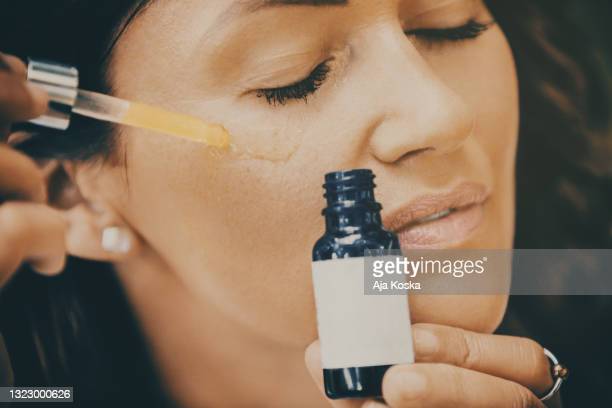The skin being the largest organ, it is constantly exposed to environmental stressors that can damage and dry it out. Hydration refers to the amount of water that is present in the body. It is essential for many of the body’s processes, including the maintenance of skin health. When the body is dehydrated, it affects not only the skin but also other organs and systems in the body. Hydration is crucial for skin health as it helps to maintain skin elasticity, hydrate cells and prevent dryness, itching, and flakiness. We shall look at the importance of hydration for healthy skin and how you can ensure you are getting enough water to keep your skin looking its best.

The Science of Hydration and Skin Health
The skin is made up of cells that need water to function properly. When the skin is hydrated, the cells are plump and firm, which helps skin stay rejuvenated. Hydration also helps to regulate the skin’s natural moisture barrier, which shields skin from environmental stressors, such as UV rays and pollution. In addition to maintaining skin elasticity and hydration, water also plays a crucial role in the skin’s natural processes of exfoliation and cell renewal. When the skin is dehydrated, these processes slow down, which can lead to dryness, dullness, and the accumulation of dead skin cells on the surface of the skin.
The Effects of dehydration on the Skin
When the skin is dehydrated, it can become dry, tight, and flaky, which can make it more susceptible to damage and the formation of wrinkles. Dehydration can also cause the skin to lose its natural glow and can lead to a more sallow and dull complexion. In severe cases, dehydration can also lead to skin disorders, such as eczema, psoriasis, and rosacea. These skin conditions are often characterized by redness, itching, and inflammation, which can be made worse by prolonged exposure to dry air, wind, and sun.
Hydration and Anti-Aging
Hydration also plays a key role in anti-aging. When the skin is dehydrated, it can appear dull and tired, which can make fine lines and wrinkles more noticeable. In contrast, hydrated skin has a youthful and radiant appearance. One of the primary benefits of hydration for anti-aging is that it helps to maintain skin elasticity. When the skin is hydrated, it is more elastic, making it less prone to fine lines and wrinkles. In addition, hydration helps to plump up the skin, which can make wrinkles and fine lines less noticeable.
Importance of hydration for healthy skin
Maintains Skin Elasticity
One of the primary functions of hydration in the skin is to maintain skin elasticity. Elasticity is the ability of the skin to stretch and return to its original shape. When the skin is dehydrated, it becomes dry and lacks elasticity, making it more prone to fine lines and wrinkles.
Supports Skin Barrier Function
The skin’s outermost layer, the stratum corneum, acts as a barrier to protect the skin from external threats. This layer is made up of dead skin cells and lipids (fats) that hold moisture in the skin. Hydration helps to maintain the barrier function of the stratum corneum by keeping the skin moist and supple.
Reduces Inflammation
Dehydrated skin is more susceptible to inflammation, which can lead to skin conditions such as acne, rosacea, and psoriasis. Hydrated skin, on the other hand, is better able to fight off inflammation and maintain a healthy appearance.
Promotes Healing
When the skin is dehydrated, it takes longer to heal from injury or damage. Hydration helps to speed up the healing process by providing the skin with the necessary moisture it needs to repair itself.
How to Ensure Adequate Hydration for Skin Health
Drink Plenty of Water
The most straightforward way to hydrate your skin is by drinking plenty of water. The average adult should take minimum of 8 glasses per day. This can be increased during hot weather or during physical activity.
Eat Hydrating Foods
In addition to drinking water, eating hydrating foods can also help to keep the skin hydrated. Foods that are high in water content, such as watermelon, cucumber, and lettuce,keeps the skin moisturized from the inside out.
Use a Humidifier
If you live in a dry climate, using a humidifier can help to add moisture back into the air, which can be beneficial for your skin.
Apply Moisturizer
Using a moisturizer on the skin can help to lock in hydration and prevent moisture loss. Look for a moisturizer that is formulated with hydrating ingredients, such as glycerin, hyaluronic acid, or ceramides.
Limit Alcohol and Caffeine
Alcohol and caffeine are both dehydrating and can cause the skin to become dry and dull. Try to limit your consumption of these beverages, especially if you have dry skin.
In conclusion, hydration is a critical factor in skin health. It helps to maintain skin elasticity, supports skin barrier function, reduces inflammation, and promotes healing. To ensure adequate hydration for your skin, it is essential to drink plenty of water, eat hydrating foods, use a humidifier, apply moisturizer, and limit alcohol and caffeine. By following these simple steps, you can keep your skin healthy, glowing, and hydrated. Remember, hydrated skin is healthy skin, and taking care of your skin is an investment in your overall health and well-being.




